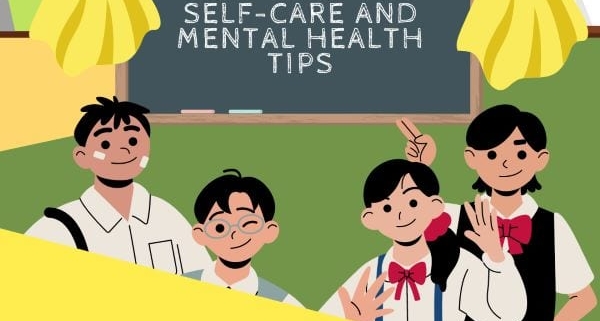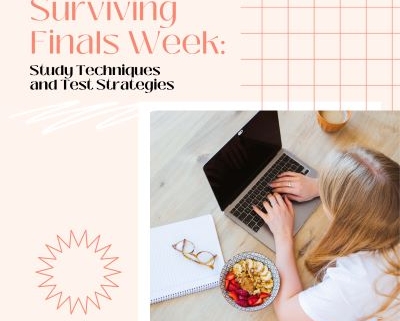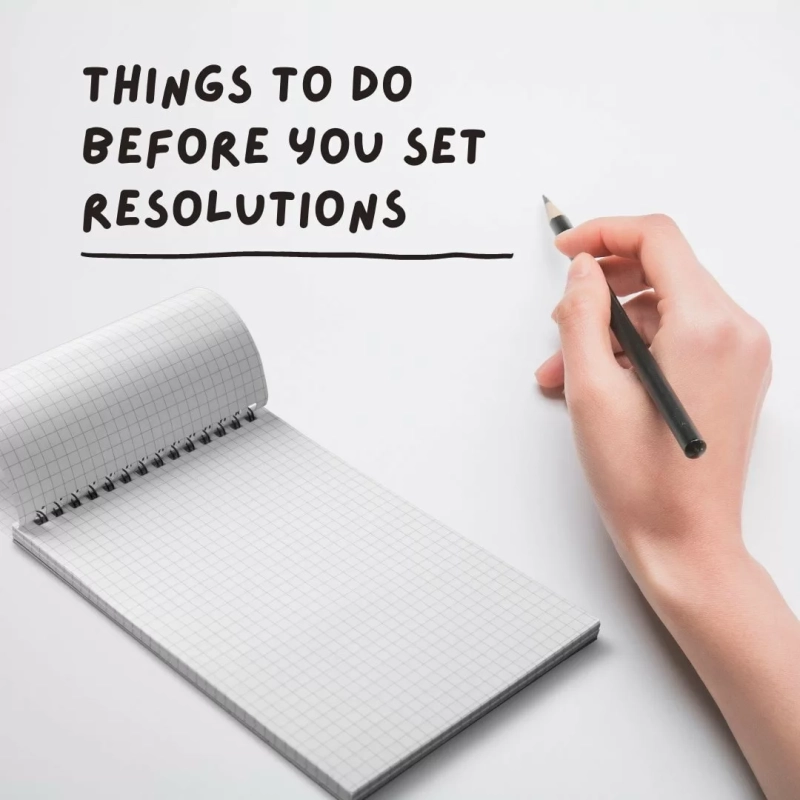Sleep is an important part of academic performance and student well-being. Read on to discover how sleep impacts your academics and find tips for how to improve your sleep.
How Much Sleep Should You Get?
Children and teens who don’t get enough sleep are at a higher risk of developing obesity, type 2 diabetes, along with poorer mental health and more frequent injuries. The Centers for Disease Control and Prevention recommend that students aged 6-12 years old get 9-12 hours of sleep each night. Students aged 13-18 years old should get 8-10 hours of sleep each night.
How Sleep Impacts Academic Performance
According to a 2019 study, proper sleep enhances cognitive function, particularly memory retention. So, the next time you’re considering staying up late to study for a test, you’ll be better off studying in advance and getting a good night’s sleep instead.
To further reinforce this idea, a different study in 2020 found that students’ standardized test scores improved when those students regularly slept eight hours a night.
How Sleep Impacts Mental Health
Sleep also has a very measurable effect on mental health. Adequate sleep is related to fewer symptoms of depression and greatly contributes to more positive feelings. Students who get proper sleep also report using less caffeine and other substances.
It’s easier to do well in school when you feel better about yourself mentally. Conversely, school and activities are more challenging and less enjoyable when you are sleep deprived.
How to Improve Your Sleep Habits & Quality of Sleep
- Keep a consistent bedtime and wake time, even on weekends.
- Avoid drinking caffeine in the hours before bedtime.
- Limit screen usage before bedtime.
- Create a relaxing bedtime routine with activities like reading, journaling, or meditating.
- Exercise regularly.
Additional Tips
Note the recommended hours of sleep for each age group mentioned above. If you are a student in that age range, figure out what time you need to be awake and thus, what time you need to go to bed to get 8-9 hours of sleep. This might mean going to bed earlier than you are used to.
Once you know your optimal bedtime, start building a routine where you can fall asleep at or before that time. Note that it often takes more time to actually fall asleep from the time you get in bed.
Parents and caregivers can be integral in ensuring their students get to bed on time. Consider the tactics below:
- A regular homework schedule and set work times to avoid late night studying.
- Dinner a few hours before bed. If dinner takes place later at night because of student activities or late work days for parents, make it a family effort to pitch in with dinner preparation. Another option is to consider preparing meals in advance that can be warmed up easily.
- Evaluate student activities. If there are too many extracurriculars that seem to contribute to consistent late nights, it might be worth prioritizing activities that are the most fun and beneficial for the student. Consider postponing other activities for a different, less busy time, like the weekends, the summer, or the following school year.
How Expert Tutoring Can Help
If you are struggling with completing homework or studying for exams in a timely manner, consider hiring a tutor. Our expert academic tutors can help you complete assignments earlier in the afternoon or evening so that you can prioritize your sleep at night. Call us or request a call back to learn more and book your first session today!
Citations
The Centers for Disease Control & Prevention. “Sleep and Health”
National Library of Medicine. “Impact of Poor Sleep Quality on the Academic Performance of Medical Students.”
Conservancy.umn.edu. “Examining the Impact of Later High School Start Times on the Health and Academic Performance of High School Students: A Multi-Site Study.”
PRB.org. “More Sleep Could Improve Many U.S. Teenagers’ Mental Health.”
American Academy of Sleep Medicine. “Healthy Sleep Habits”
American Academy of Sleep Medicine. “College Students: Getting Enough Sleep is Vital to Academic Success.”










